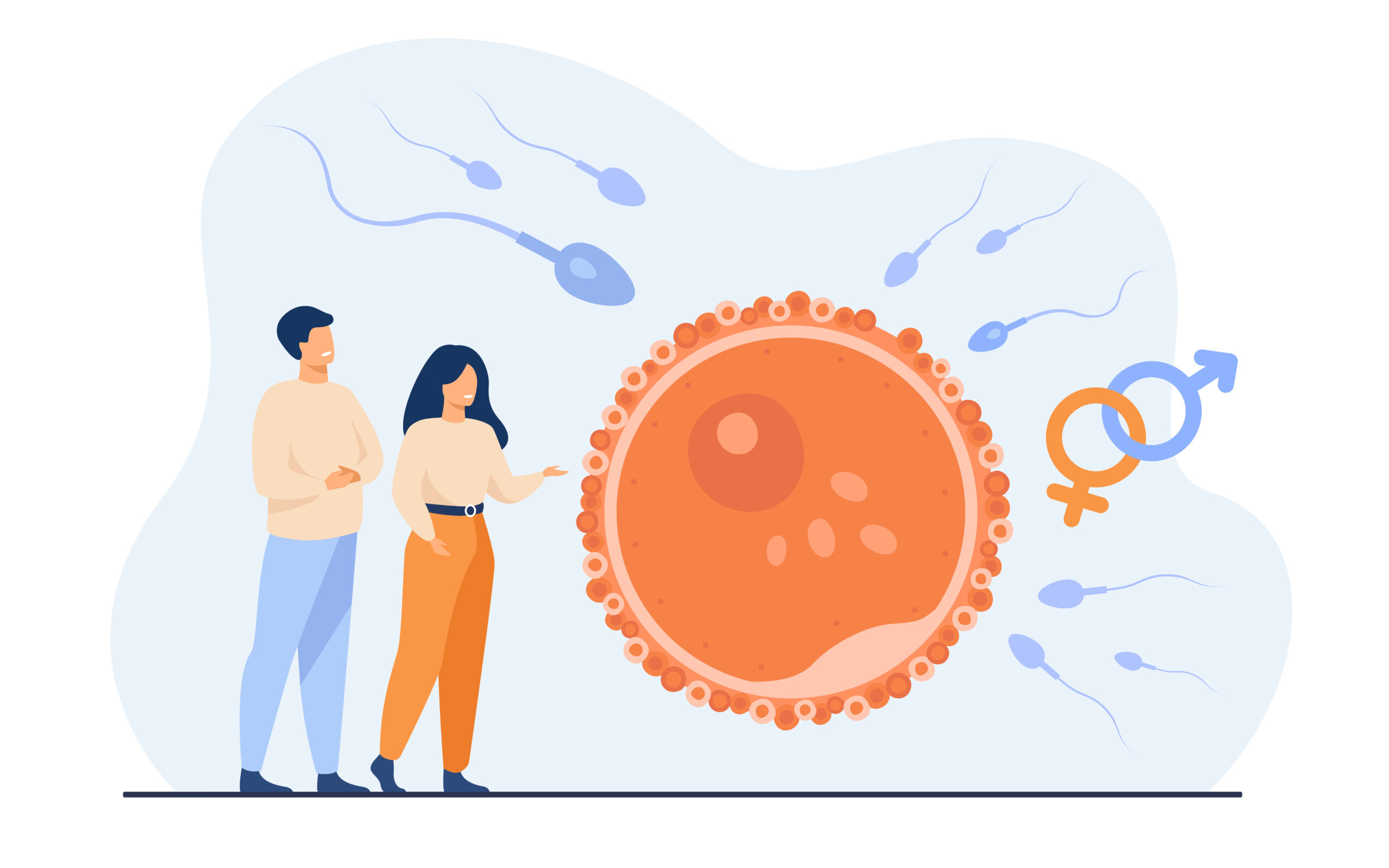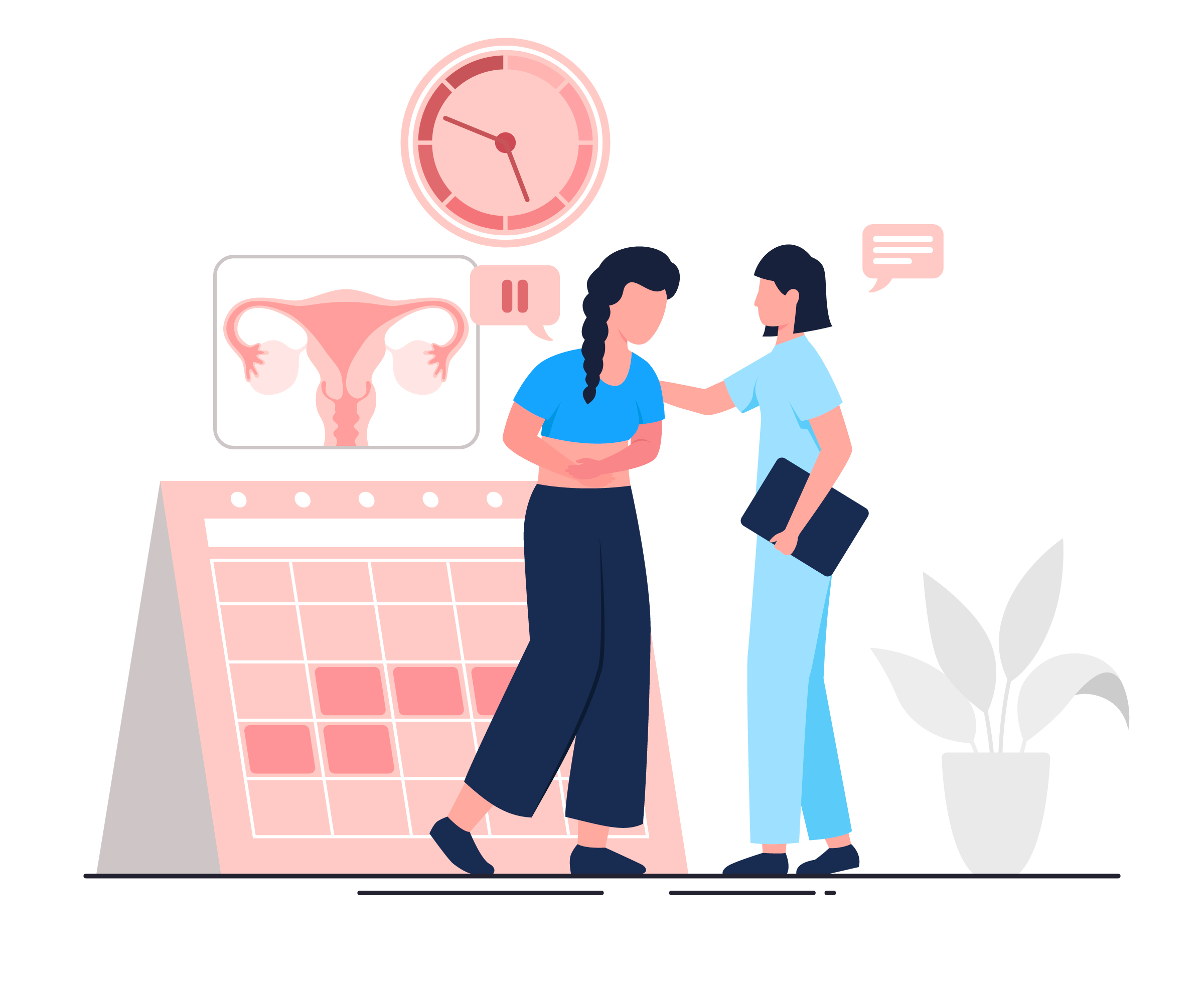Discover how stress, sleep deprivation, screen overload, and poor diet contribute to fertility fatigue in both men and women. Learn science-backed lifestyle changes to support natural conception and reproductive wellness.
In today’s high-speed world, couples are facing increasing challenges when it comes to starting a family. While fertility used to be largely discussed through the lens of biological and medical concerns, new research shows that lifestyle factors play a dominant role in influencing reproductive health. This phenomenon is now widely referred to as “Fertility Fatigue.”

What is Fertility Fatigue?
Fertility Fatigue refers to the physiological and psychological wear and tear that modern lifestyles impose on reproductive health.
Unlike acute infertility caused by medical conditions, fertility fatigue emerges over time due to stress, poor diet, lack of sleep, exposure to environmental toxins, sedentary habits, and digital overload.
The Culprits of Conception Strain
Chronic Stress:
Prolonged stress affects the hypothalamic-pituitary-gonadal (HPG) axis, disrupting hormone levels like cortisol, estrogen, and testosterone, which directly influence ovulation and sperm production.
Poor Nutrition:
Diets high in processed foods, trans fats, sugar, and low in micronutrients like zinc, selenium, folate, and omega-3s are linked to reduced fertility. A 2018 study found that women who consumed fast food four or more times a week took nearly a month longer to become pregnant than those who rarely consumed it.
Sleep Deprivation:
Sleep impacts melatonin, which plays a role in protecting eggs and regulating menstrual cycles. A study published in Fertility and Sterility found that night shift work and sleep disruption negatively affect male and female reproductive functions.
Screen Overload:
Excessive screen time and EMF exposure are associated with disrupted circadian rhythms, oxidative stress, and reduced sperm quality. A 2021 systematic review in Environmental Research found effects of mobile phone usage on sperm quality.
Environmental Toxins:
Pesticides, plastics (specifically BPA), phthalates, and heavy metals can all interfere with endocrine function and reproductive capacity, acting as endocrine-disrupting chemicals (EDCs).
Fertility in Men & Women – Gender-Specific Impact

In Women:
- Irregular menstrual cycles
- Anovulation
- Increased risk of PCOS and endometriosis
- Egg quality decline
In Men:
- Decreased sperm count and motility
- Increased DNA fragmentation
- Hormonal imbalance and lower libido
The Psychological Toll
The pressure to conceive combined with lifestyle-induced fatigue can cause anxiety, relationship stress, and feelings of inadequacy. This adds a vicious cycle of stress that further hampers conception.

Couples navigating fertility fatigue may experience:
Performance anxiety and pressure around intercourse
Depression from monthly disappointments
Social withdrawal or isolation
Strained communication in relationships
Preventive Lifestyle Shifts
Digital Detox: Prioritize screen-free hours, especially before bedtime. Introduce blue light filters and EMF-reducing practices.
Clean Eating: Adopt anti-inflammatory, whole-food-based diets rich in antioxidants, fiber, and healthy fats.
Sleep Hygiene: Maintain consistent sleep routines, limit caffeine, and practice wind-down rituals.
Stress Management: Incorporate yoga, breathwork, and meditation. Mindfulness-based cognitive therapy (MBCT) has shown benefits for fertility patients [The Journal of Public Health Research].
Natural Supplements: Consult with healthcare providers for supplements like CoQ10, folic acid, maca root, and vitamin D.
Environmental Consciousness: Switch to organic produce, non-toxic cleaning products, and BPA-free containers.
Fertility fatigue is real and growing. Addressing it doesn’t require high-end interventions but rather a consistent shift towards conscious living.
By understanding and correcting lifestyle imbalances, individuals can reclaim their reproductive health and improve their chances of natural conception.















